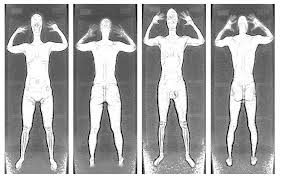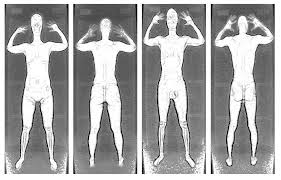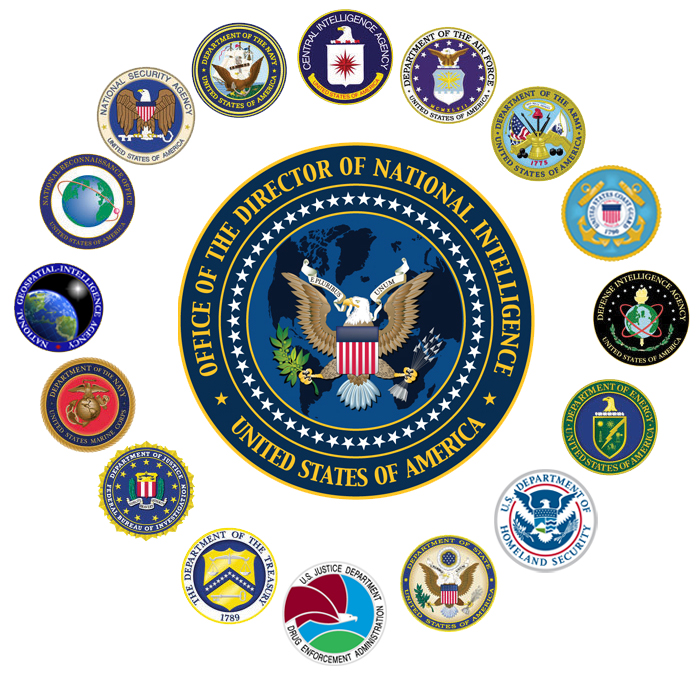In the spring of 2013, Americans burst into an uproar over a practice called “unlawful, invasive, and ineffective;” a “virtual strip search;” and a violation of the Privacy Act and the Fourth Amendment.
The practice was the use of full-body scanners in airports. The use of the scanners, which produced realistic and slightly graphic images of scanned passengers, came under heavy criticism from citizens.
In the midst of lawsuits from privacy and religious freedom activists and under intense pressure from constituents, Congress acted quickly and in a bipartisan fashion, passing a mandate for all scanners to be equipped with privacy-protecting software. Instead of a blurry picture of passengers, a generic outline would now be used; any machine unable to do so would be decommissioned by June 1, 2013.
Now, less than a month later, Americans are once again engaged in a battle over privacy – another debate over whether a government agency should have access to a blurry outline of who we are.
This time, however, Congress isn’t acting.
This debate concerns the National Security Agency’s PRISM program: a surveillance program that collects data from both fiber-optic cables and from the servers of companies such as Google, Facebook, Skype, and YouTube according to the British newspaper The Guardian. This data, ranging from emails to telephone calls to bank transactions to webchats, are analyzed and then stored by the N.S.A. for an unknown period of time – and any analyst can “access, read or listen to them if they “become relevant to a national security investigation.” In theory, a government employee could have your recent emails, Skype conversations, and Amazon.com transactions all stored on his personal computer – accessible at the click of a button.
The existence of PRISM was revealed three weeks ago by Edward Snowden, a thirty year-old contractor working at Booz Allen Hamilton. Snowden, who fled his home in Hawaii to break the news in Hong Kong, is now reportedly in Moscow. United States federal prosecutors, meanwhile, have charged him with espionage and have attempted to extradite him to the United States. Painted as a traitor by some and a hero by others, Snowden cast himself as a catalyst for debate. “I think the public is owed an explanation of the motivations behind the people who make these disclosures outside the democratic model,” he said in an interview with The Guardian. “My sole motive is to inform the public as to that which is done in their name and that which is done against them.”
Snowden has also captured the attention of infamous whistleblower Julian Assange, who in a statement from the Ecuadorian embassy in London, called Snowden “one of us…young, technically-minded people from the generation…that grew up on the Internet, and were shaped by it.”
Though I disagree with Assange on almost everything, I think that on this matter, he might be right: Snowden is one of us. The Ron Paul campaign contributions and the Tor stickers on his laptop are marks of the millennial generation. Another regretful mark of our generation is an increasing amount of virtual social interaction at the expense of in-person interaction. Millennials rely on smartphones, laptops, and iPads to get through our day – to navigate from place to place, to share our lives, and to maintain our relationships. Facebook is our living room. Instagram is our kitchen. The internet is our home.
Even though we’re used to communicating on it, we don’t have any expectation of absolute privacy on it. We know that our friends, our moms, and our future bosses will all look at our Facebook pictures. But that doesn’t mean that we don’t try to protect our privacy. Virtual wars are fought over Facebook changing its privacy settings, and I take a point of pride in refusing apps the right to access my friend list, post on my timeline, or view my profile.
In the midst of this, it strikes me as strange that while Candy Crush Saga might have to ask my permission to collect my personal data, the U.S. government does not. In fact, the collection of my personal communication strikes me as a direct violation of the fourth amendment, which protects U.S. citizens from unreasonable search and seizure and promises security in “persons, houses, papers, and effects.” (If you agree, you may be interested in Restore the Fourth),
Sure, the information that the N.S.A. could have about me isn’t a semi-graphic, fuzzy, full-body scan. However, quite honestly, collecting and compiling the information from my calls, emails, and social networks could yield a picture that is much clearer – and just as revealing.



